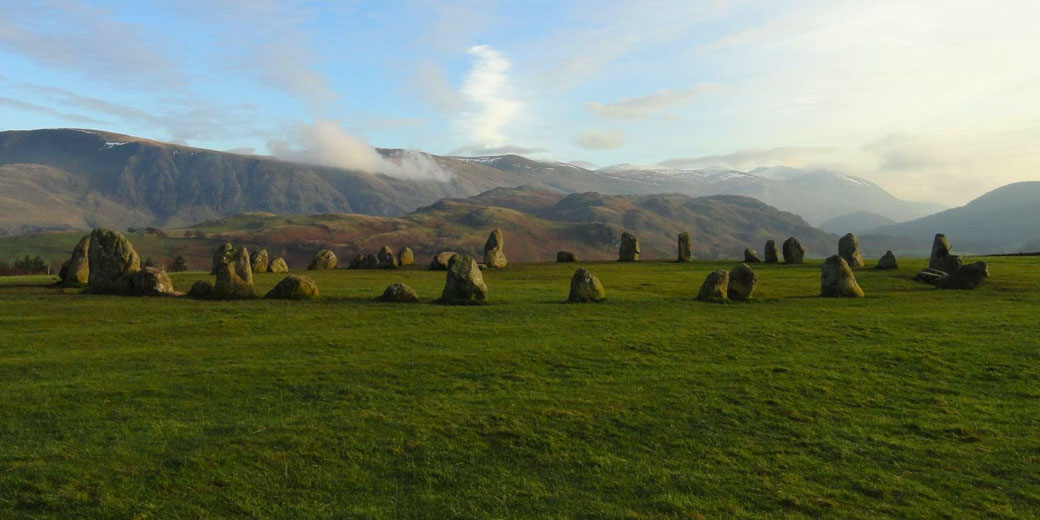What is change and continuity in history?

History is the study of change over time.
All sorts of things change over time: empires, languages, ideas, technology, attitudes, etc.
However, even when thing change, many remain the same.
Together, change and continuity form the foundation of the study of history, as historians seek to understand both the ways in which societies and cultures have evolved over time, as well as the ways in which certain elements have remained constant.
By examining both change and continuity, historians can gain a more complete understanding of the complexities of the human experience.
Categorising historical events
In order to study change and continuity, historians study different types of events through time and group these events based upon topics or themes.
Breaking historical events up based upon categories makes it easier for people to identify changes and study the effects on people over time.
Some general categories of events include:
| Political | To do with war, power, governments, and legal rights |
| Economic | How people earn and spend money |
| Social | The everyday lives of people at work and home |
| Technology | To do with developments in technology and medicine |
Change
‘Change’ refers to something that is obviously different from what occurred previously.
Change refers to the alterations or transformations that occur in societies, cultures, political systems, or other aspects of the human experience over time.
Change can result from a variety of factors, including technological advancements, natural disasters, wars, social movements, and economic developments.
It can be both positive and negative, and it can impact individuals and communities in different ways.
Change in history usually occurs over a long period of time and it is often hard to pin-point an exact moment of change.
Therefore, it is easier to choose two different moments in history and compare them.
For example, comparing 2nd century AD with the 4th century AD, or the year 1600 with 1900.
However, when there is a sudden and clear change at a particular point in history, usually as the result of a single event, the event is usually referred to as a ‘Turning Point’ in history.
Watch a video explanation on the History Skills YouTube channel:
Continuity
Not all things change over time, some things remain the same across long periods in time, sometimes lasting into the modern world.
‘Continuity’ refers to things that stay the same, relatively unchanged, over time.
This can include long-standing traditions, cultural values, or political systems that endure despite changes that may occur in other areas.
Continuity provides a sense of stability and a connection to the past, and it helps to shape the development of societies and cultures over time.
Assessing change and/or continuity
As historians, we need to study what things have changed or continued over time and try to explain the reasons for these.
Example questions for assessing Change and Continuity:
-
What kind of historical development are you focusing on (e.g., religious, political, economic, cultural, etc.)?
-
What was the situation like before this occurred?
-
What was clearly different after this occurred?
-
What were the direct causes of the changes?
-
What were the reasons that some things remained the same?
Test your learning
No personal information is collected as part of this quiz. Only the selected responses to the questions are recorded.
What do you need help with?
Download ready-to-use digital learning resources
Copyright © History Skills 2014-2025.
Contact via email
With the exception of links to external sites, some historical sources and extracts from specific publications, all content on this website is copyrighted by History Skills. This content may not be copied, republished or redistributed without written permission from the website creator. Please use the Contact page to obtain relevant permission.















